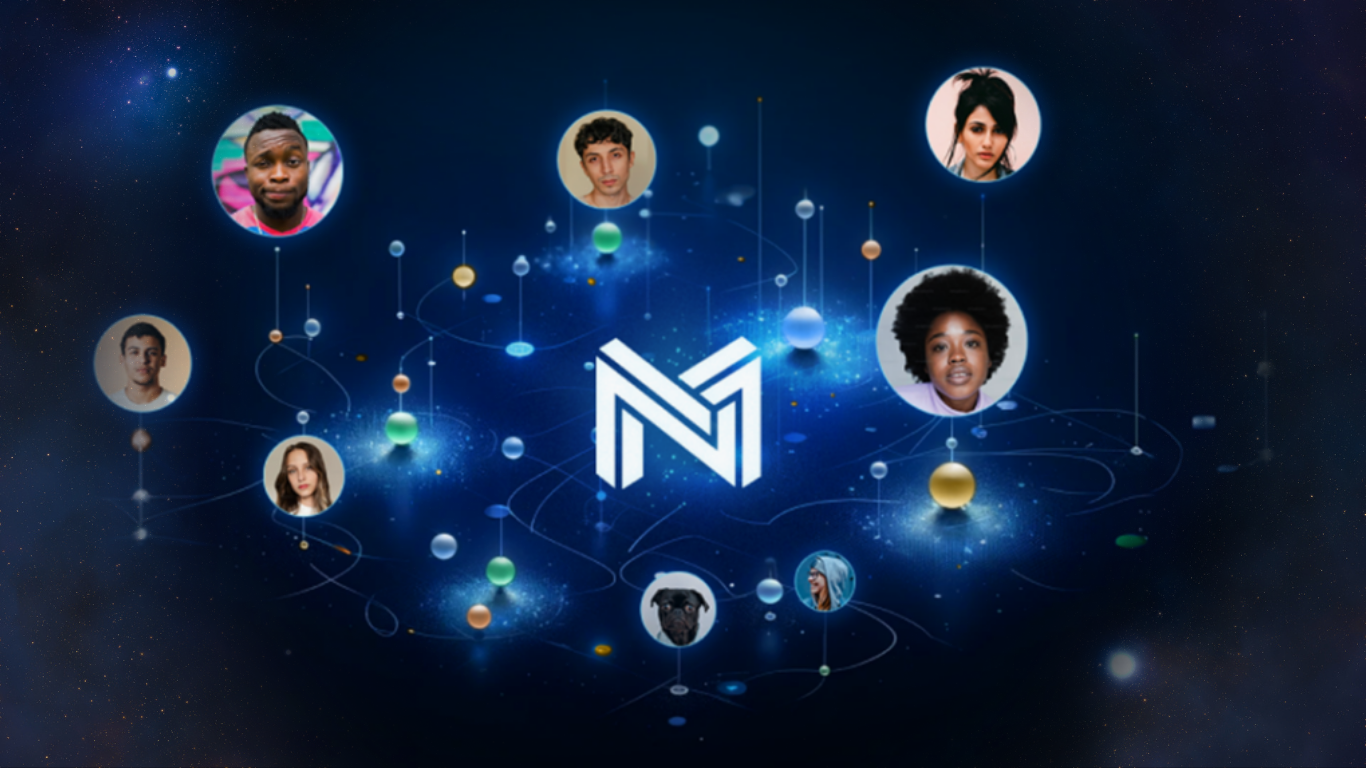Red Hat is positioning itself as a pivotal player in the AI inference sector with its strategic acquisition of Neural Magic, a startup acclaimed for its advancements in optimizing and compressing AI models. This acquisition allows intricate AI tasks, typically dependent on high-end Nvidia GPUs, to run on more commonly available processors like those from ARM or Intel, aligning seamlessly with Red Hat’s open-source philosophy, especially in Kubernetes ecosystems.

Neural Magic, which has garnered $50 million from diverse investors and has been involved in significant projects like Meta’s Llama 3.1 model, complements Red Hat’s strategy of integrating more adaptable technology solutions. Roy Chua, founder of AvidThink, views this acquisition as a shift in the industry towards specialized optimization over raw processing power. This shift heralds a move towards a standardized approach to AI model deployment and optimization across various hardware configurations using the open-source vLLM inference runtime.
Moreover, Red Hat has rolled out updates to its OpenShift, OpenShift AI, and Device Edge platforms. These updates tackle emerging AI challenges such as data drift, bias detection, and secure computing validations, while also enhancing latency features at the edge. These improvements demonstrate Red Hat’s commitment to supporting the entire lifecycle of AI applications from development through deployment, particularly at the enterprise edge.

Leonard Lee, founder of neXt Curve, emphasized that Red Hat’s initiatives extend its OpenShift capabilities to endpoint devices across enterprise edge environments. This expansion not only bridges cloud and edge computing but also addresses significant market gaps as enterprises confront the complexities of deploying generative AI systems and intricate architectures like RAG (Retrieval-augmented Generation).
These developments underscore Red Hat’s focus on facilitating a more integrated and efficient enterprise AI deployment across various platforms, marking a deliberate move towards optimization and flexibility rather than solely focusing on computational power.

Subtly charming pop culture geek. Amateur analyst. Freelance tv buff. Coffee lover
